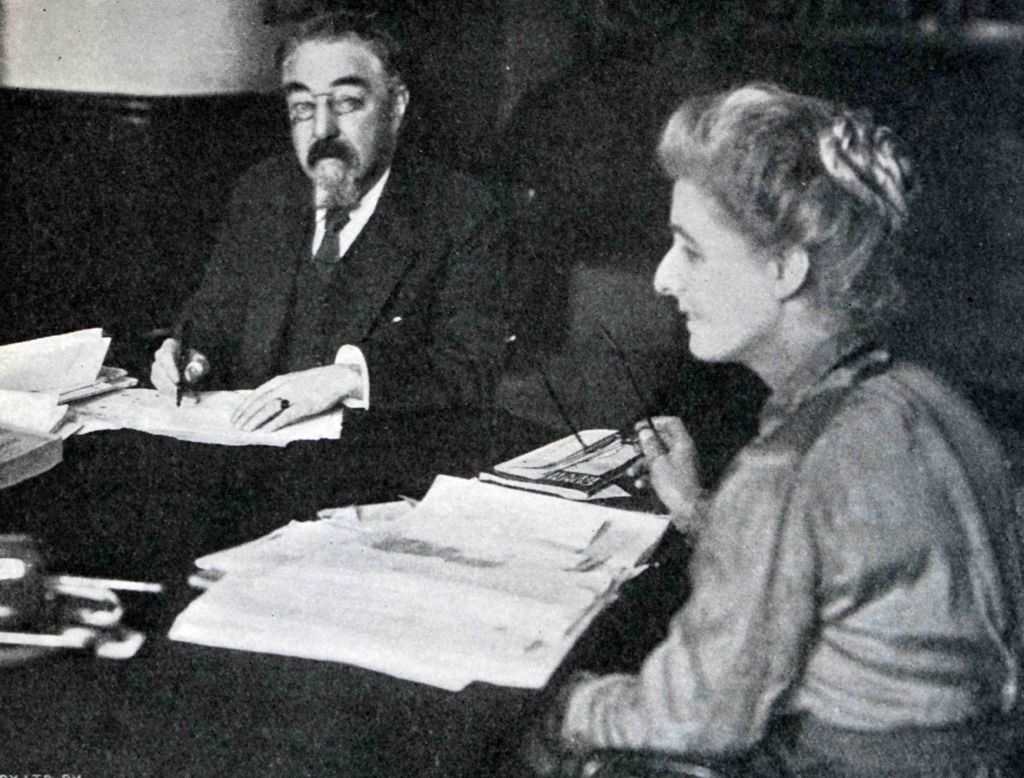4 January 1884: The Fabian Society was founded
Rapid economic change in the 19th century didn't benefit everybody. On 4 January 1884, the Fabian Society was established in London to redress the balance.


Get the latest financial news, insights and expert analysis from our award-winning MoneyWeek team, to help you understand what really matters when it comes to your finances.
You are now subscribed
Your newsletter sign-up was successful
Want to add more newsletters?
Rapid economic change in the 19th century, including the rise of manufacturing and urbanisation, brought an increase in living standards. But the gains were spread unevenly, with some people's living standards actually falling.
This led increasing numbers of people to look at alternatives to laissez-faire capitalism. In 1884, one group of London intellectuals met to found the Fabian Society.
Named after the Roman general who invented the concept of guerrilla warfare, the society was set up to investigate and lobby for gradual social reforms, not revolutionary change. The views of its members ranged from left-of-centre to outright socialism.
Try 6 free issues of MoneyWeek today
Get unparalleled financial insight, analysis and expert opinion you can profit from.

Sign up to Money Morning
Don't miss the latest investment and personal finances news, market analysis, plus money-saving tips with our free twice-daily newsletter
Don't miss the latest investment and personal finances news, market analysis, plus money-saving tips with our free twice-daily newsletter
There was also a certain amount of support for ideas now associated with the opposite part of the political spectrum, such as eugenics and a strong British Empire.
At its peak during the early 20th century, the Fabian Society was regarded as the centre of British intellectual life. It was the first organisation to advocate a national healthcare system and a minimum wage, policies seen as dangerously radical at the time.
But its biggest impact was the role it played in the founding of the Labour Party in 1900, with leading Fabian Sidney Webb writing Labour's original constitution. Webb (along with his wife and friends) would also found the London School of Economics, using money left to the Fabians.
Get the latest financial news, insights and expert analysis from our award-winning MoneyWeek team, to help you understand what really matters when it comes to your finances.

-
 The rare books which are selling for thousands
The rare books which are selling for thousandsRare books have been given a boost by the film Wuthering Heights. So how much are they really selling for?
-
 Pensions vs savings accounts: which is better for building wealth?
Pensions vs savings accounts: which is better for building wealth?Savings accounts with inflation-beating interest rates are a safe place to grow your money, but could you get bigger gains by putting your cash into a pension?